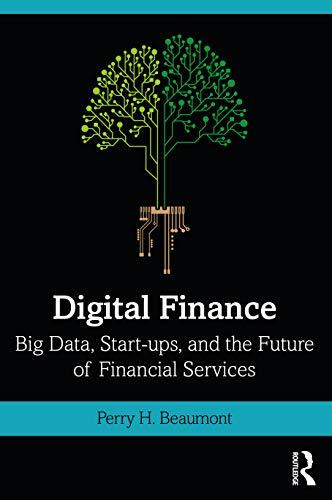
You win US $1,000,000 in the lottery and you choose an "annuity option", which allows you to receive your winnings as quarterly payments over 20 years instead of as lump sum. The annuity is calculated using an interest rate of 6% annual effective. i) Assuming no taxes or other deductions, what is the amount of each lottery payment? Now that you're rich, you plan a few purchases: i) You put your first few payments into an account earning a nominal rate of 8%, convertible semiannually. You want to accumulate enough in this account to buy a that costs US $64,000. How many months after your first payment can you buy the car? ii) After a few years you realize that you aren't very good at managing your money, so you decide that you want to receive payments every month instead of every quarter Your investment bank agrees to convert each quarterly payment into monthly payments for you, at a constant force of interest. Choose a value for the force of interest, and using that value calculate how much will you receive each month. iii) Five years after your first payment you decide to buy a house, and you figure out tha the most you can pay in monthly mortgage payments is half of your monthly payments from the lottery. If your mortgage lender offers to finance the full purchas price at an interest rate of 12% per annum, convertible monthly, what is the most th you'll be willing to pay for your new house? [ iv) To be even more sure that you'll be able to cover your payments each month you decide instead to take out a strange form of mortgage, at the same rate. For this mortgage each payment is 1% smaller than the previous payment. If your house cost US $200,000, what will your first mortgage payment be? You win US $1,000,000 in the lottery and you choose an "annuity option", which allows you to receive your winnings as quarterly payments over 20 years instead of as lump sum. The annuity is calculated using an interest rate of 6% annual effective. i) Assuming no taxes or other deductions, what is the amount of each lottery payment? Now that you're rich, you plan a few purchases: i) You put your first few payments into an account earning a nominal rate of 8%, convertible semiannually. You want to accumulate enough in this account to buy a that costs US $64,000. How many months after your first payment can you buy the car? ii) After a few years you realize that you aren't very good at managing your money, so you decide that you want to receive payments every month instead of every quarter Your investment bank agrees to convert each quarterly payment into monthly payments for you, at a constant force of interest. Choose a value for the force of interest, and using that value calculate how much will you receive each month. iii) Five years after your first payment you decide to buy a house, and you figure out tha the most you can pay in monthly mortgage payments is half of your monthly payments from the lottery. If your mortgage lender offers to finance the full purchas price at an interest rate of 12% per annum, convertible monthly, what is the most th you'll be willing to pay for your new house? [ iv) To be even more sure that you'll be able to cover your payments each month you decide instead to take out a strange form of mortgage, at the same rate. For this mortgage each payment is 1% smaller than the previous payment. If your house cost US $200,000, what will your first mortgage payment be







